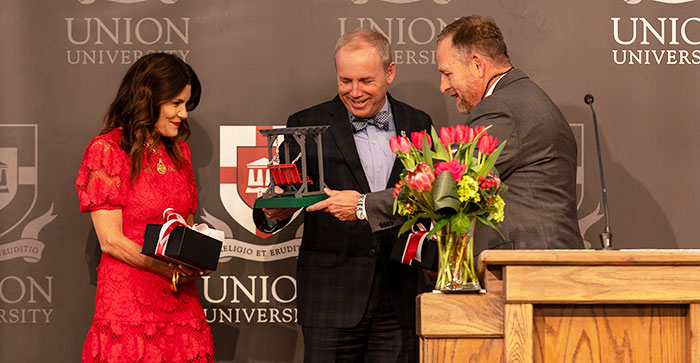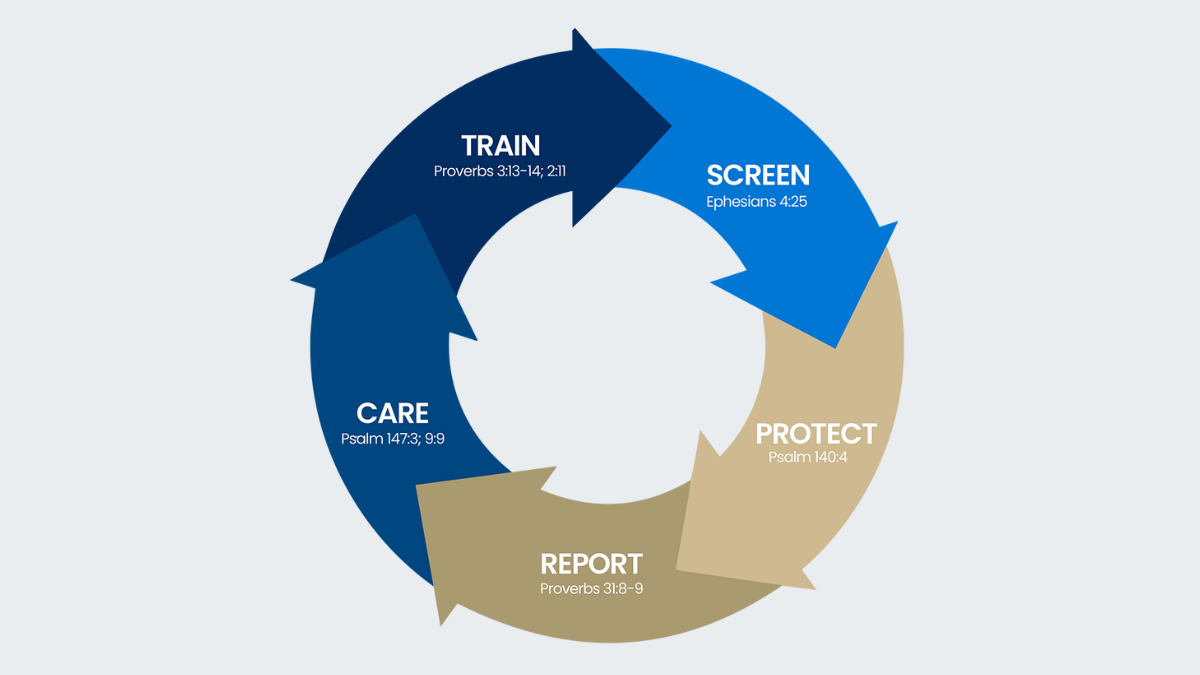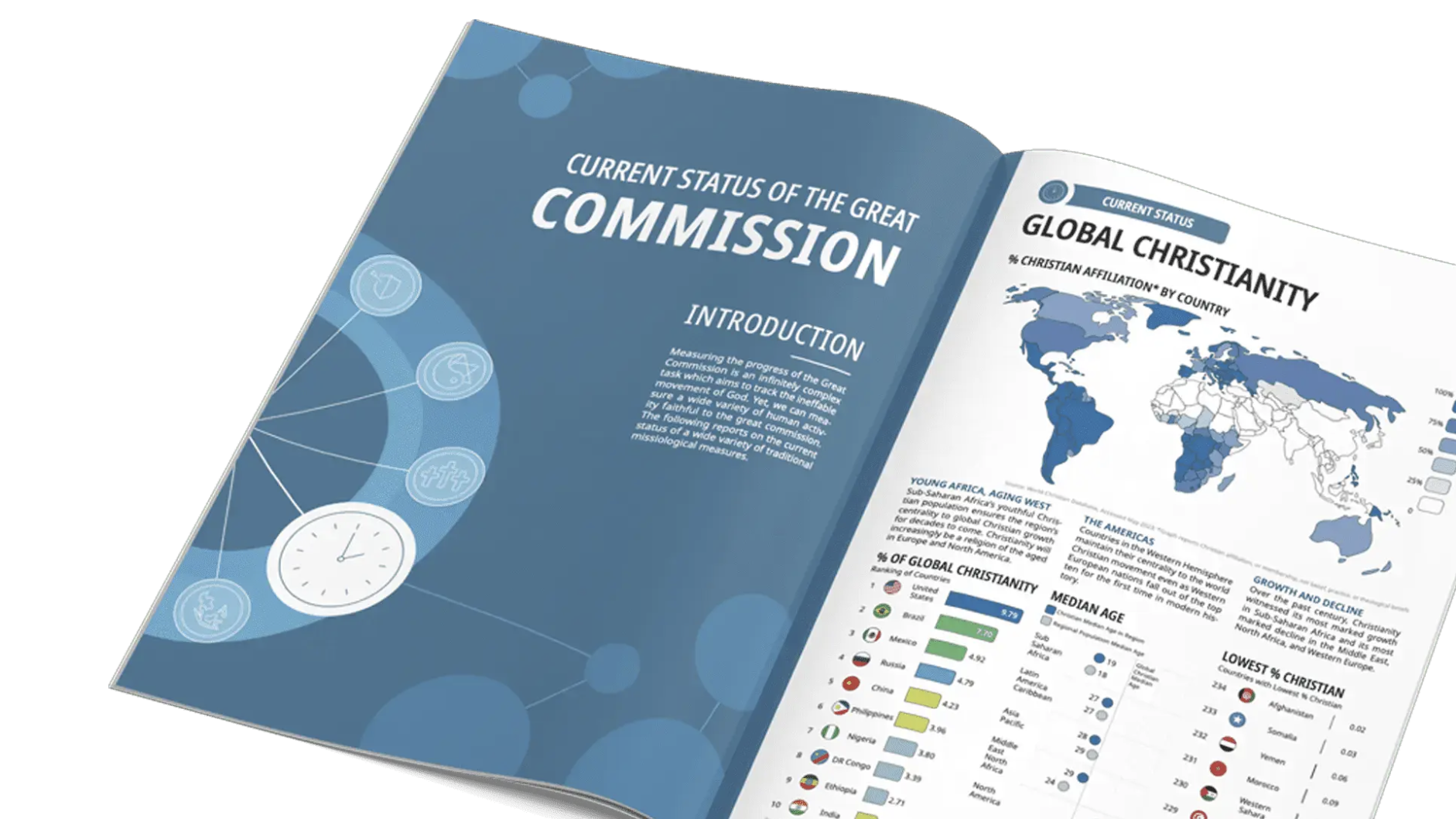The Restoration Promised
Hosea 14:1–9
The story of God and His beloved Israel comes full circle in this final chapter of tender reconciliation and restoration. Unfortunately for Israel, this promised reunion will take place after her certain punishment through the Assyrian exile (722–721 B.C.).
True repentance (1–3)
Hosea calls Israel to repent, clearly presenting the sins from which Israel must turn: idolatry and failure to trust the Lord, relying instead on foreign aid (Assyria) and military strength. An important aspect of true repentance is conscious acknowledgement of wrongdoing through confession. One must not only ask forgiveness, but must take responsibility for his/her sins, acknowledge guilt and demonstrate heartfelt sorrow, together with behavior consistent with words of repentance.
God responds with compassion, a tender and protective love, as one has for an orphan or a child (harking back to the name of Hosea’s daughter, Lo-Ruhama, “no compassion”). This promise of acceptance reverses the negative prophecies.
True forgiveness (4–7)
God’s forgiveness heals their backsliding, as God also turns away His anger. Conditioned on Israel’s repentance, God reverses the covenant curses they suffered and promises to restore covenant blessings.
Hosea illustrates with vivid horticultural imagery Israel’s restored covenant status. These descriptors especially impacted those whose fortunes and agricultural prosperity rested heavily on seasonal rains. Yahweh will be to Israel like a rich morning dew, sufficient to allow Israel to bloom like desert lilies.
Israel will again be established, like the cedars of Lebanon. The imagery of an olive tree producing abundant shade with widespread roots speaks to national vitality and even expansion. The abundance of grain, the lushness of vines and the fame of Lebanon’s vineyards remind readers of similar promises in Amos about what is to be for the Lord’s repentant people.
True wisdom (8–9)
Israel will finally learn that all she needs is found in the Lord. But what about the hearer, faced with a rhetorical question: How does Yahweh compare to idols? The obvious answer is that there is no comparison. The Lord is living, loving, powerful and forgiving, while idols are dead, static, impotent and impassible. God can restore and bless, and He will do so because of His graciousness and power.
Hosea closes with a kind of proverb. It has a similar pattern to some wisdom psalms, proverbs and Jesus’ teachings, and it poses an important challenge: Those who think they are wise and discerning must reject idols and cling to the Lord.
Yet the challenge may be even broader: a call to evaluate one’s own life in light of the story of Gomer. Those inclined to judge and despise her ought to pause and prayerfully consider not only the parallels to Israel, but also to themselves. Hosea had committed himself to her and was determined to redeem her, as God had covenanted with Israel through Abraham and had committed to redeem her.
For those in Christ, God has committed to redeem us. But we must ask ourselves: Are we as far from Gomer as we like to think? Might we stumble as she did? We are called to spiritual discernment, not only about Hosea’s message to ancient Israel, but also to us today as covenant believers.
By Stefana Dan Laing
Associate professor at Beeson Divinity School in Birmingham, Alabama








